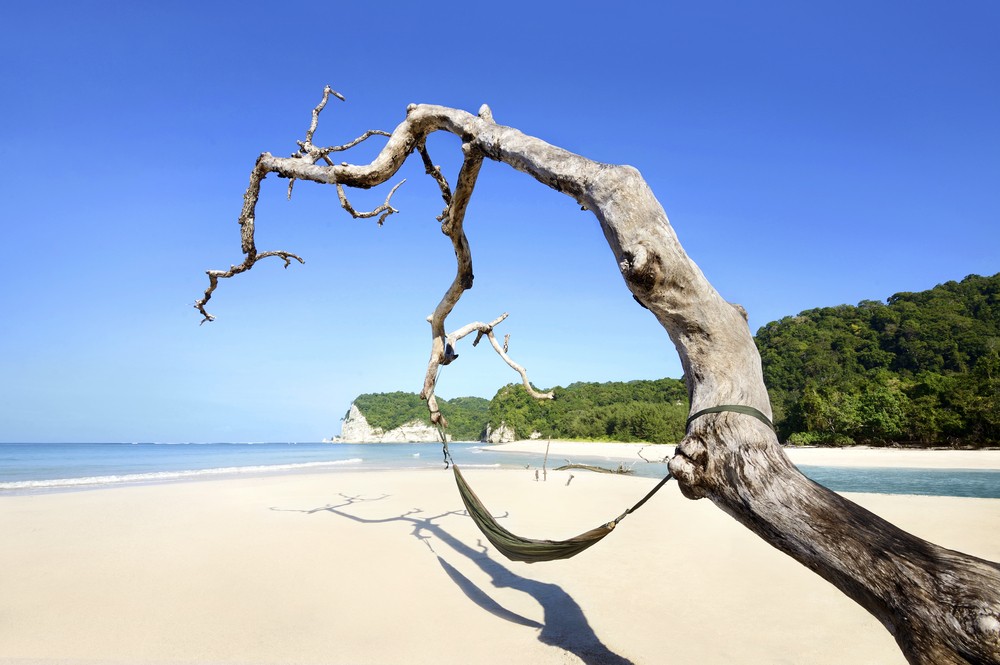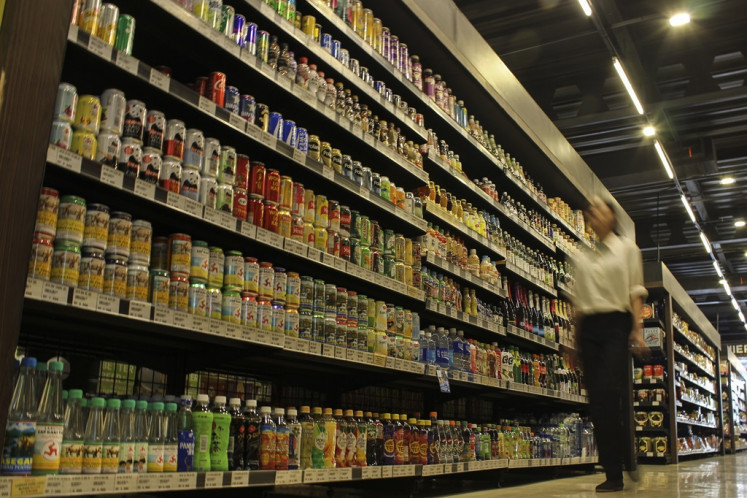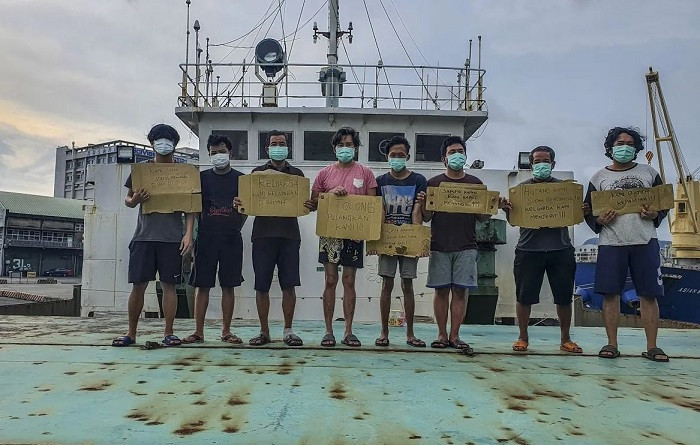Popular Reads
Top Results
Can't find what you're looking for?
View all search resultsPopular Reads
Top Results
Can't find what you're looking for?
View all search resultsEnergy democracy way to go for Indonesia
For the Kamanggih village, in Kahaungu Eti of East Sumba regency, East Nusa Tenggara, residents strived to overcome access to water and electricity, and progressed thanks to their adoption of the values and practices of “energy democracy”.
Change text size
Gift Premium Articles
to Anyone
Can you imagine your life without water and electricity? I bet the answer is no.
As a country rich in natural and energy resources, it is common to assume that everyone in Indonesia enjoys access to electricity. However, around 25 million households are still without electricity. Electricity is a fundamental asset to support social, economic and human development.
For the Kamanggih village, in Kahaungu Eti of East Sumba regency, East Nusa Tenggara, residents strived to overcome access to water and electricity, and progressed thanks to their adoption of the values and practices of “energy democracy”.
Energy democracy is an innovative concept which principle is to generate energy sources “by the people, from the people, and for the people”. It emphasizes the initiative of local communities and citizens in generating energy sources by reinforcing active participation of various segments of societies as agents of change. They include local communities, activists, energy cooperatives, local governments, religious or ethnic leaders, students and many others. Sean Sweeny and friends in a working paper explain that “Energy democracy is about workers’ and communities’ ability to decide who owns and operates our energy systems, how energy is produced and for what purpose.”
To tackle the struggle of electricity access, an NGO raised the idea to bring energy sources using renewables (i.e. solar panels) into the above village in 1999. However, the idea was not well-received by many local people.
Umbu Hinggi Pajanji, a councilor of East Sumba and head of a cooperative in the village, admitted that “initially, it was very difficult to convince the people, especially about technology like solar panels”. The challenge was “to convince them that this idea was fully a means to get out of the poverty cycle”. He said main reasons of villagers’ objections included heavy reliance on free government programs, lack of information on technology, local culture and habits.
In resolving the energy problems, Umbu started to round up village participation with an NGO, the People-Centered Economic and Business Institute, IBEKA. This was done by building direct communications with the village head, traditional and religious leaders, local authorities, young people and others. Posters and videos were used to introduce renewables and their positive impacts.
Gradually as people became more interested, a solar panel was installed in a valley about one kilometer away from the village. It helped to provide electricity for around 60 houses.
A locally-led cooperative, called “Peduli Kasih” was also established to support the project sustainability. Comprising locals trained by IBEKA, this cooperative set to avoid the same mistake of “how some government- or private-led projects did not last long because a local management scheme to look after the project was not in place,” said Umbu. “After finishing the project and the report, then it’s finished,”, he added. The cooperative works closely with the IBEKA team and mainly local communities to take care of the turbin. A flexible, low financial contribution was voluntarily obtained from the villagers. The cooperative also helps to support local trade.
Energy democracy is definitely worth a try. Having no access to electricity could create a social gap and potential tension. After the 1999 project in Kamanggih, only two of five hamlets there enjoyed electricity from the renewables. As some hamlets were separated by a river, one could see that “one side was lit up, the other was dark”.
In 2011, with IBEKA and HIVOS, a Dutch donor organization, the local communities worked towards a big micro-hydro technology with a capacity of 37 kilowatts, reaching almost the entire village. Since local use was only around six kW, in 2013 the cooperative signed a Memorandum of Understanding with PLN, the state-owned company, which also enabled the selling of remaining capacity to the company. This helped to generate revenues, which was used to expand water pipelines in the village.
Today, Sumba is recognized as an iconic island whose renewable development practices become excellent examples for the nation. This success was entirely due to the sustained energy democracy efforts of the local communities and the initiative of the IBEKA team.
Energy democracy fits well with Indonesia’s character of gotong royong’ (mutual cooperation), creating a win-win situation. It helps to establish local ownerships and enhance the quality and legitimacy of a decision or policy. It ensures sustainability and further development of renewables through residents’ active participation, beyond involvement of experts and other local actors. It also promotes local knowledge crucial to long-term energy development.
When discussing energy issues, the roles of local communities are seldomly discussed, whereas they are the ones most affected in energy poverty, air pollution and climate change. Delegating responsibilities back to people using ED values is crucial to support the country’s development and its commitment against climate change.
Imagine a country as a football match where the players are its citizens. If all players always wait for the ball rather than chasing it to pass to their team, the team will be left behind. Looking at the Kamanggih example, we could definitely say that their team has “democratically” and “renewably” won the scores of the game.
***
The writer is a Master’s degree student in human rights and humanitarian action at Sciences Po Paris. She focuses on the link between human rights and climate change.
---------------
We are looking for information, opinions, and in-depth analysis from experts or scholars in a variety of fields. We choose articles based on facts or opinions about general news, as well as quality analysis and commentary about Indonesia or international events. Send your piece to community@jakpost.com.










